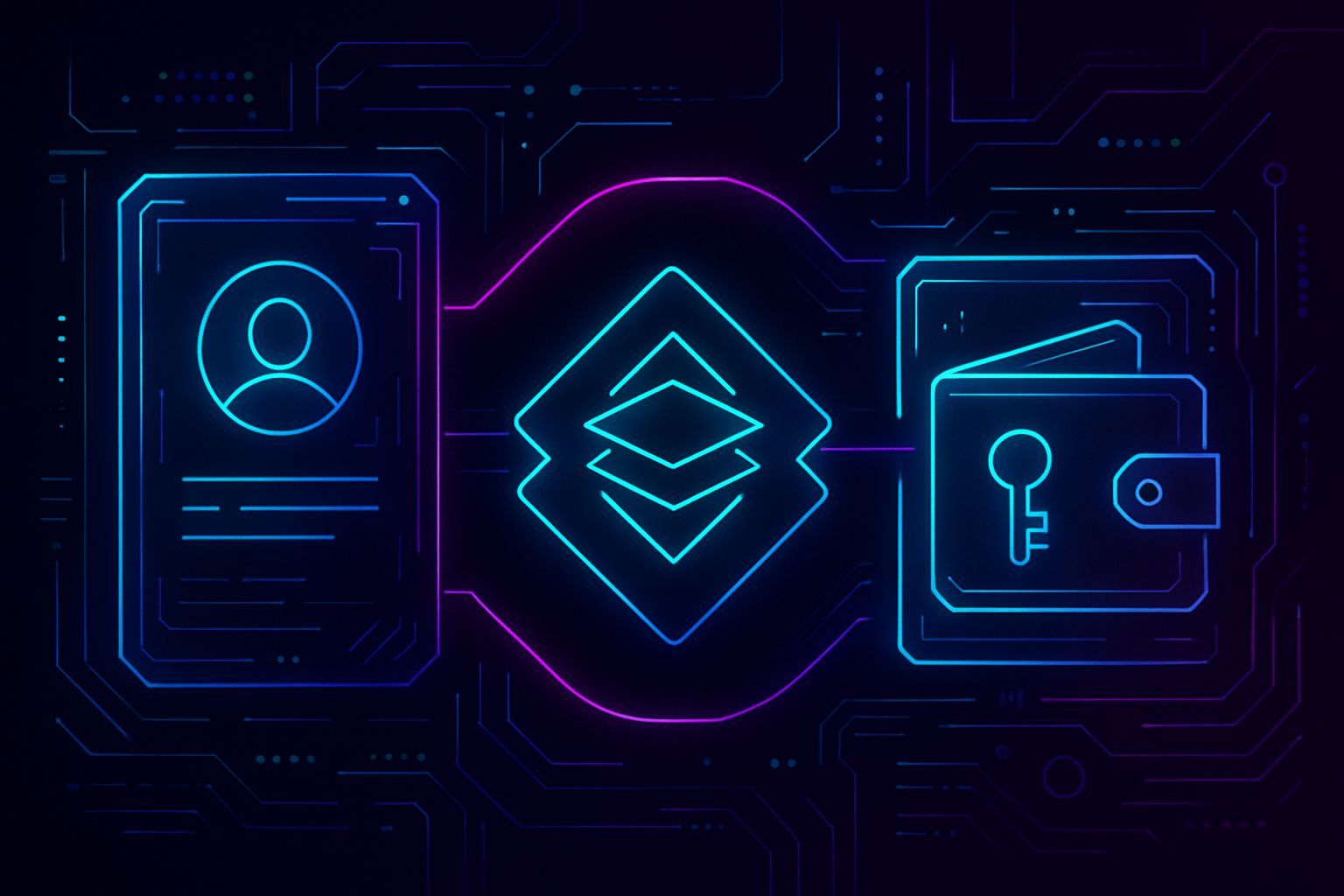
As digital identity becomes increasingly integral to our daily lives, the demand for privacy-preserving solutions has never been more urgent. Decentralized identity wallets, which empower individuals to control their credentials independently of centralized authorities, are rapidly gaining traction among privacy advocates and blockchain enthusiasts. At the heart of this innovation lies zero-knowledge proofs (ZKPs), a cryptographic breakthrough that enables secure authentication and verification without exposing sensitive personal information.

How Zero-Knowledge Proofs Work in Identity Management
Zero-knowledge proofs are cryptographic protocols that allow one party (the prover) to demonstrate knowledge of a fact to another party (the verifier) without revealing any details beyond the validity of the statement itself. In decentralized identity systems, this means users can prove attributes like age, citizenship, or membership without disclosing underlying data such as birthdates or identification numbers. This approach not only minimizes data exposure but also significantly reduces the risk of identity theft and surveillance.
A particularly powerful aspect of ZKPs is their ability to facilitate selective disclosure. For instance, when accessing age-restricted services, a user can prove they are over 18 without sharing their actual date of birth. This granular control over information sharing is foundational for self-sovereign identity and aligns with modern privacy regulations such as GDPR.
Privacy-Preserving Features Enabled by ZK Identity Wallets
Integrating zero-knowledge proofs into decentralized identity wallets unlocks several advanced privacy features:
Key Privacy Features of ZKP-Based Identity Wallets
-
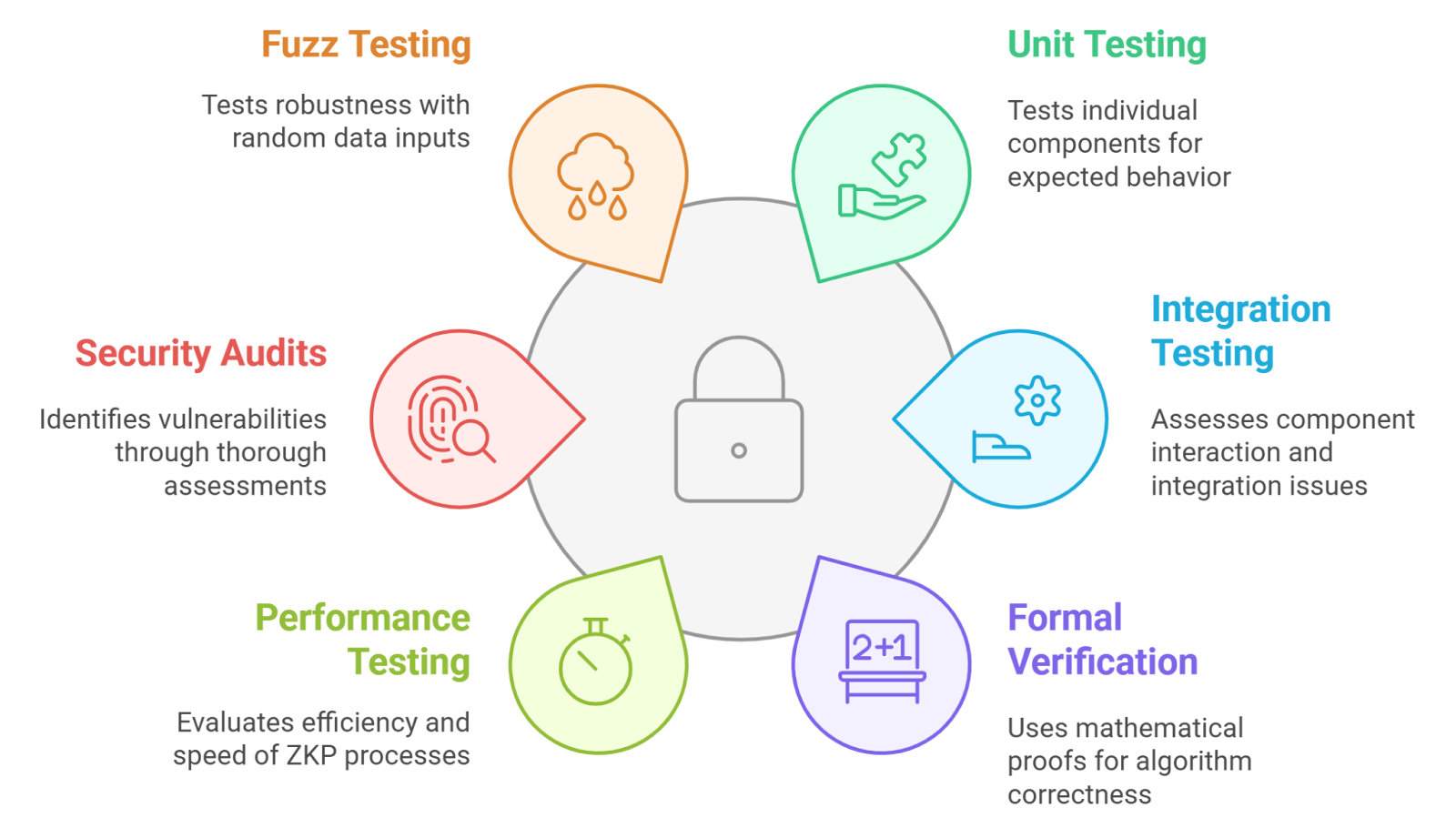
Selective Disclosure: ZKP-based wallets allow users to prove specific attributes (such as age or citizenship) without revealing the underlying data, enabling privacy-preserving verification. For example, a user can demonstrate they are over 18 without sharing their exact birthdate.
-
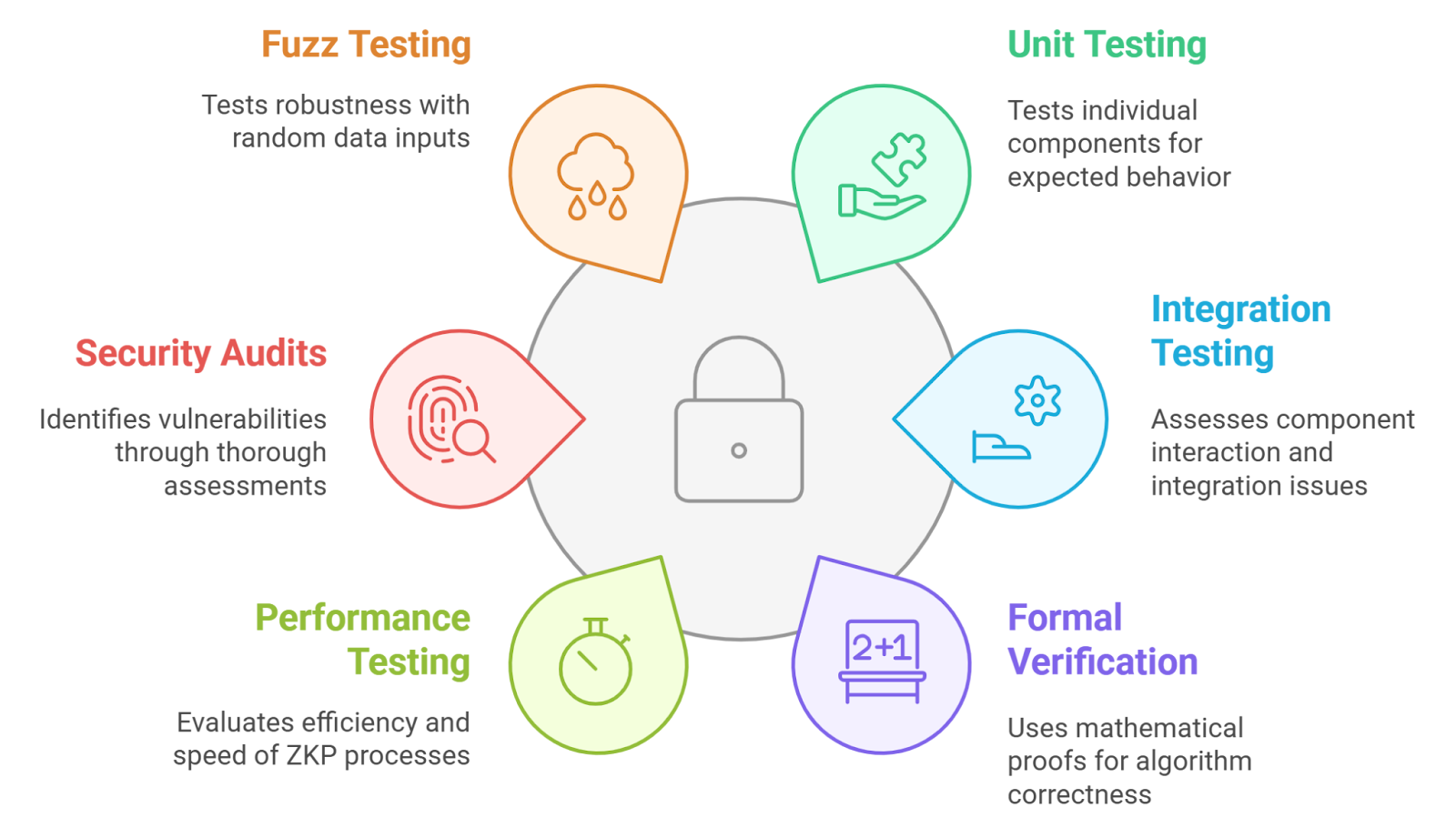
Non-Interactive Proofs: Many ZKP implementations support non-interactive proofs, meaning users can generate and present a proof without ongoing communication with the verifier, enhancing privacy and usability in decentralized environments.
-

Issuer-Hiding Credentials: Advanced ZKP techniques enable the creation of credentials that do not disclose the identity of the issuer, further protecting user privacy during credential presentation.
-
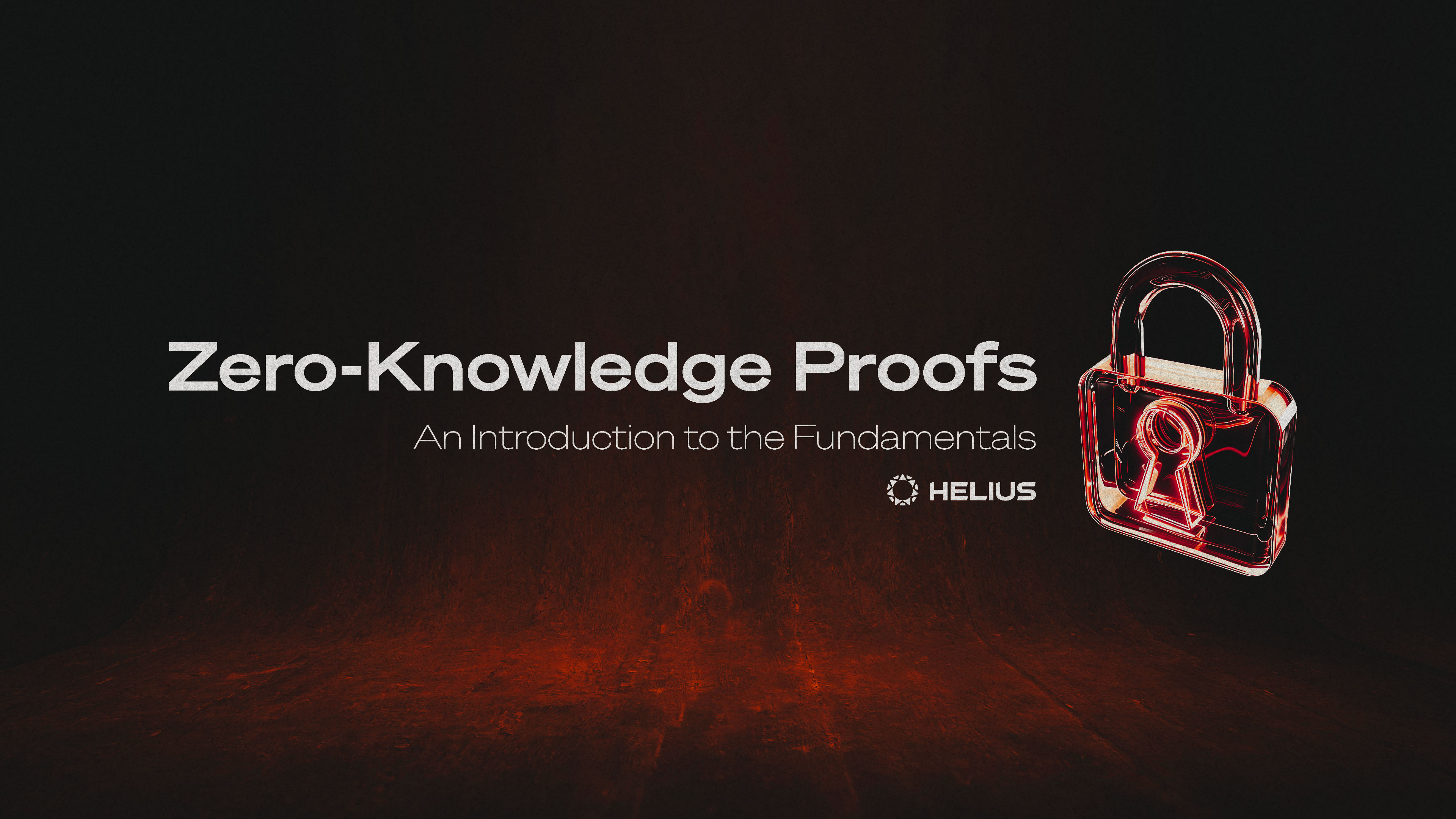
Minimal Data Exposure: ZKP-based wallets ensure only the minimum necessary information is shared for verification, reducing the risk of personal data leakage or misuse.
-
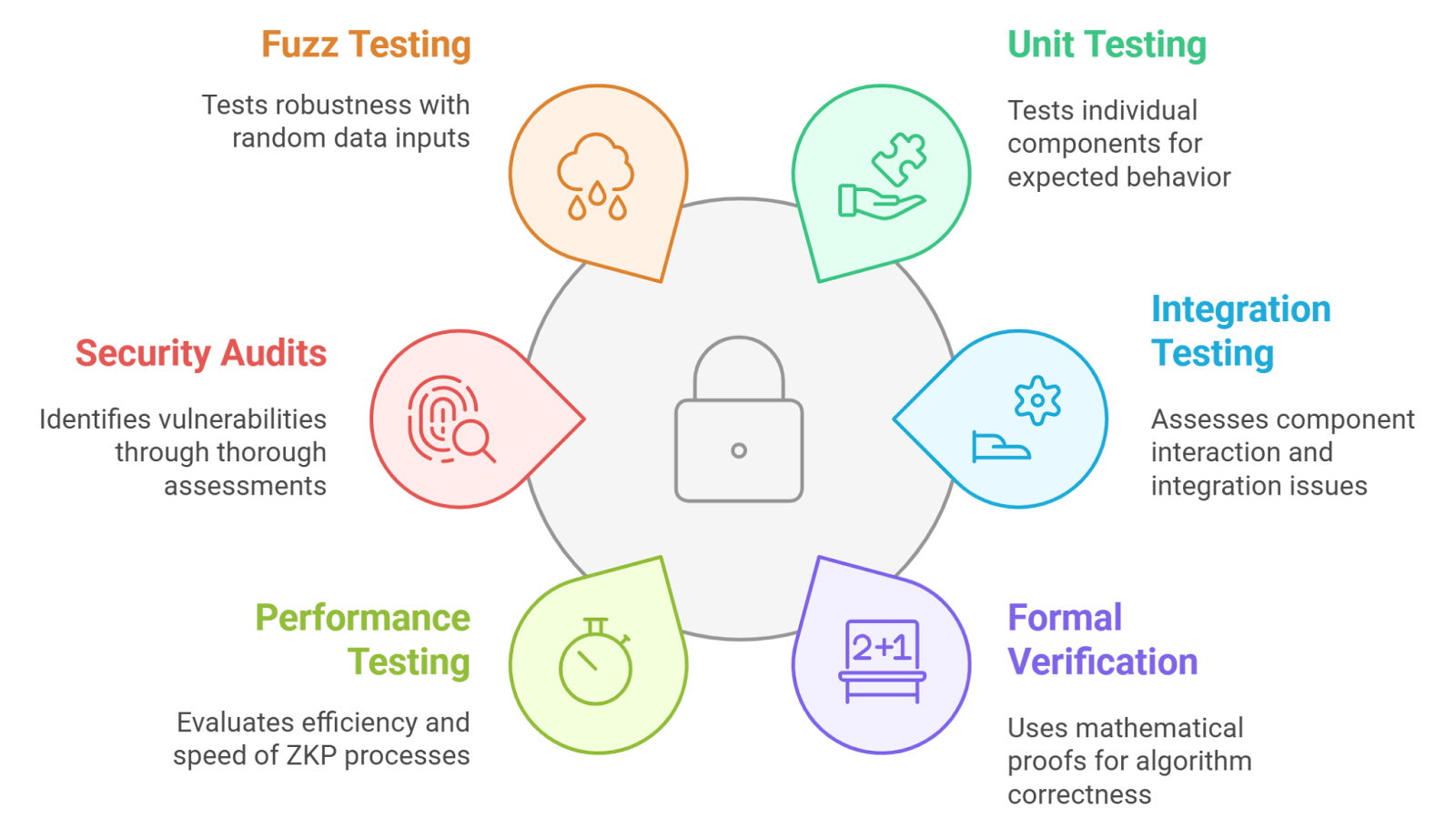
Decentralized Authentication: By leveraging ZKPs, identity wallets enable users to authenticate and manage credentials without reliance on centralized authorities, reducing single points of failure and surveillance risks.
Non-interactive zero-knowledge proofs (NIZKs) further enhance usability by allowing proofs to be generated and verified asynchronously. This is particularly valuable in decentralized ecosystems where real-time communication between parties cannot always be guaranteed. Additionally, recent advancements enable issuer-hiding credentials, users can present verifiable credentials without revealing which entity issued them, providing another layer of anonymity.
The result is a new paradigm for digital trust: users maintain sovereignty over their personal data while still being able to participate fully in online ecosystems that require verified credentials. These privacy-preserving mechanisms are now recognized as essential for widespread adoption of decentralized digital identities.
Real-World Implementations: zkLogin, Privado ID, and zkID Wallet
The theory behind zero-knowledge credentials is already being realized in production environments. For example, zkLogin leverages familiar web authentication providers like Google or Facebook but uses ZKPs to keep the link between off-chain and on-chain identities private, even from the provider itself. Meanwhile, platforms like Privado ID let users issue and manage credentials with ZKP-based selective disclosure capabilities.
The Cardano ecosystem is also exploring these possibilities through initiatives such as zkID Wallet, which aims to deliver open-source tools for privacy-protected identity management using zk-SNARKs, a leading ZKP technology.
These implementations mark a significant shift in how identity is managed and verified online. By abstracting away the need to expose raw personal data, zk identity wallets are reducing attack surfaces for bad actors and helping users reclaim agency over their digital presence. The adoption of zero-knowledge credentials on blockchain platforms also signals growing confidence from both developers and regulators in the effectiveness of these privacy-preserving methods.
Importantly, this technology is not limited to niche use cases. Financial services, healthcare, education, and government agencies are all exploring or piloting decentralized identity wallet solutions that leverage ZKPs for compliance with data minimization principles and user consent requirements. As highlighted by recent research in the Digital Integrity Alliance, ZKP-based systems are increasingly seen as a cornerstone for GDPR-aligned digital identity infrastructure.
Challenges and Future Directions
Despite their promise, zero-knowledge proof systems are not without challenges. Computational complexity remains a concern, as generating and verifying proofs can be resource-intensive, especially on mobile devices or constrained hardware. Moreover, interoperability between various zk identity wallets and legacy systems is still a work in progress. Ensuring seamless user experience while maintaining robust privacy controls will be critical as the ecosystem matures.
Another area of focus is standardization. Industry consortia and open-source communities are actively developing protocols to ensure that zero-knowledge credentials blockchain solutions can operate across different platforms without compromising security or privacy guarantees. As technical standards solidify, expect broader adoption among enterprises seeking compliant yet flexible digital identity strategies.
Key Benefits of ZKP-Powered Decentralized Identity Wallets
-
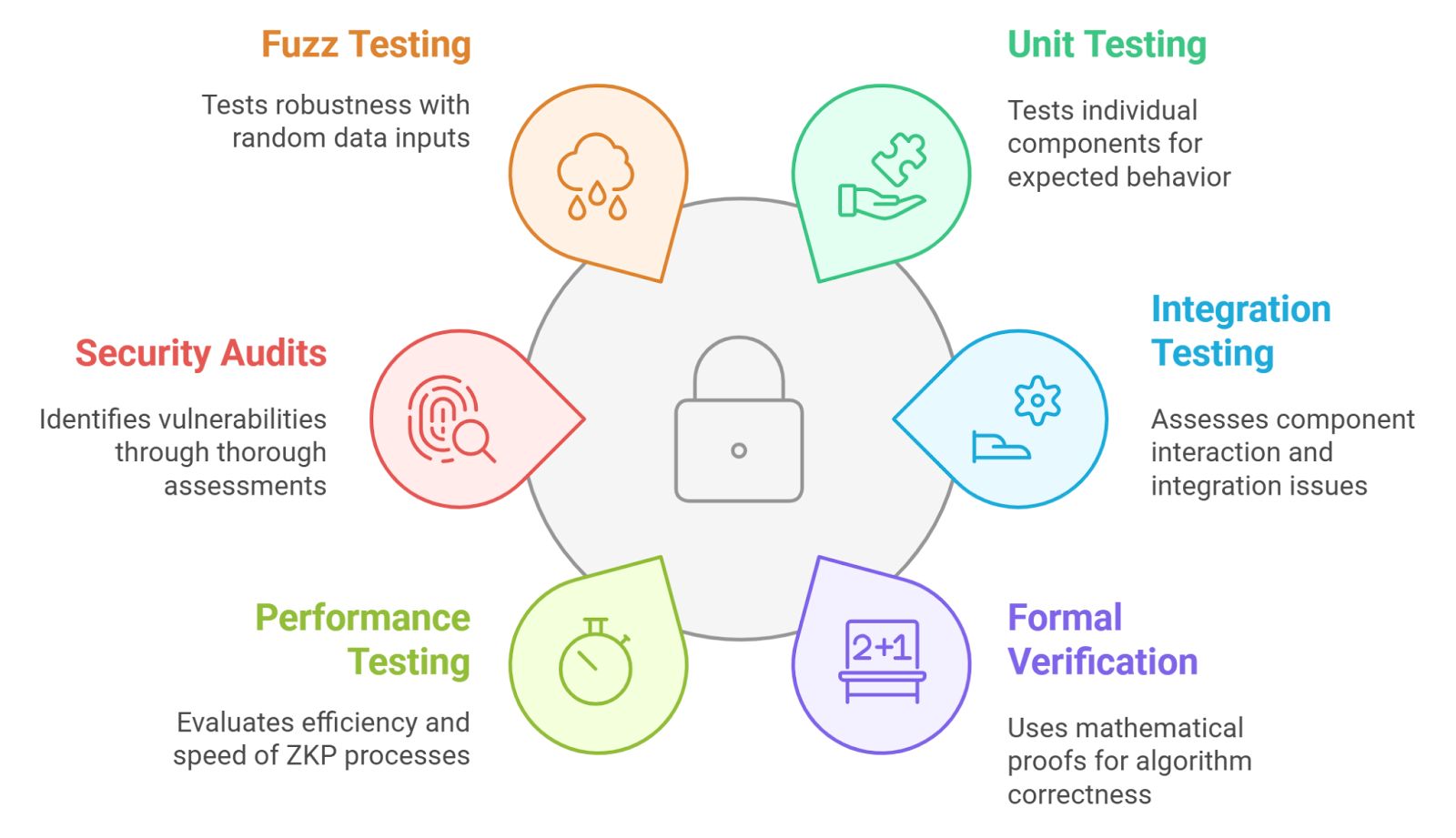
Selective Disclosure of Information: ZKPs enable users to prove specific identity attributes (such as age or citizenship) without revealing the underlying data, significantly reducing unnecessary exposure of personal information.
-
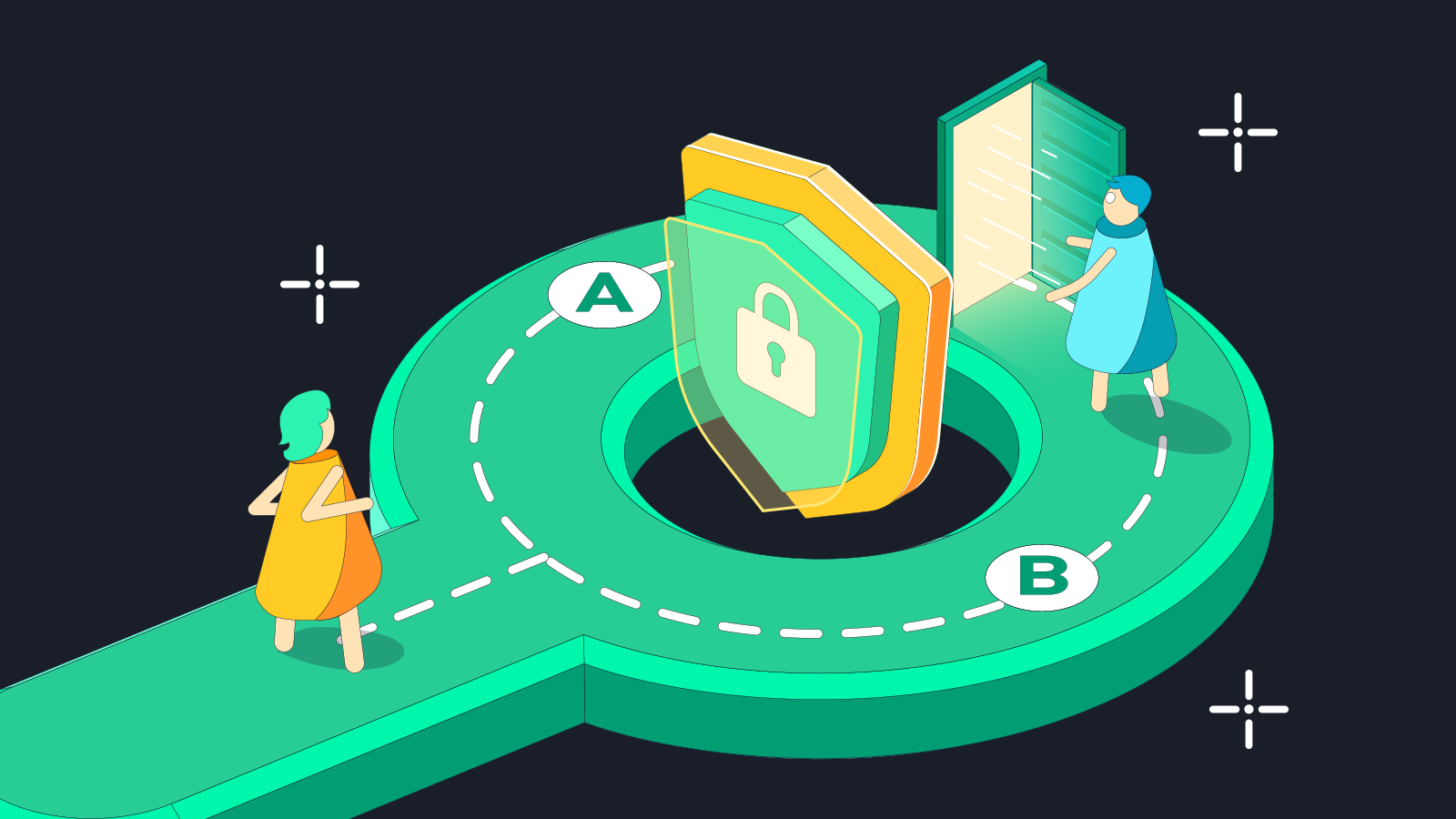
Enhanced Privacy and Data Minimization: By leveraging ZKPs, decentralized identity wallets allow authentication and credential sharing without exposing sensitive data, supporting data minimization principles and compliance with privacy regulations.
-

Issuer-Hiding Credentials: Advanced ZKP techniques can create credentials that do not reveal the issuer’s identity, adding an extra layer of privacy for users in decentralized identity systems.
-
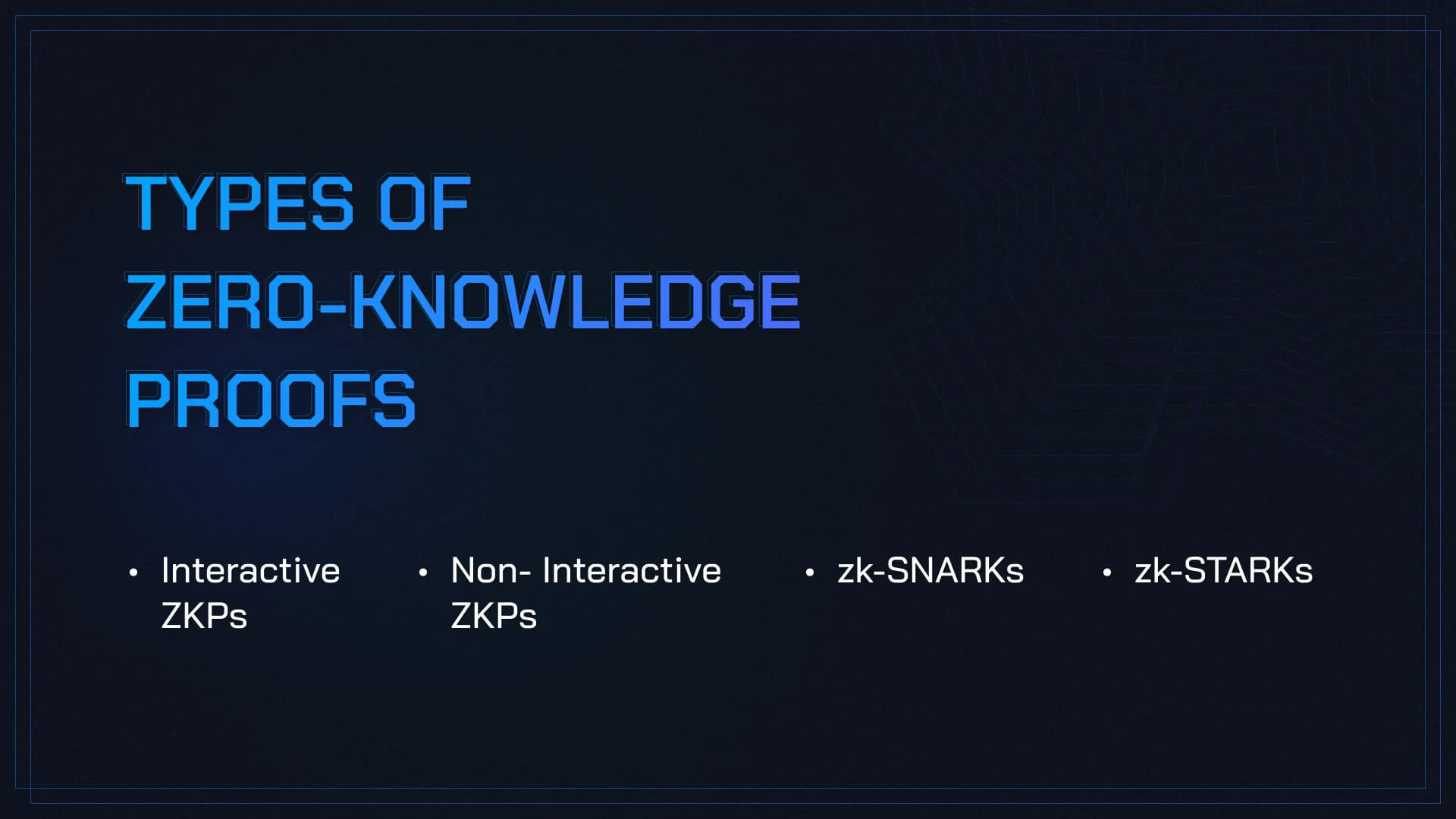
Non-Interactive Verification: ZKPs can be non-interactive, meaning proofs can be generated and verified without ongoing communication, making decentralized identity systems more efficient and user-friendly.
-
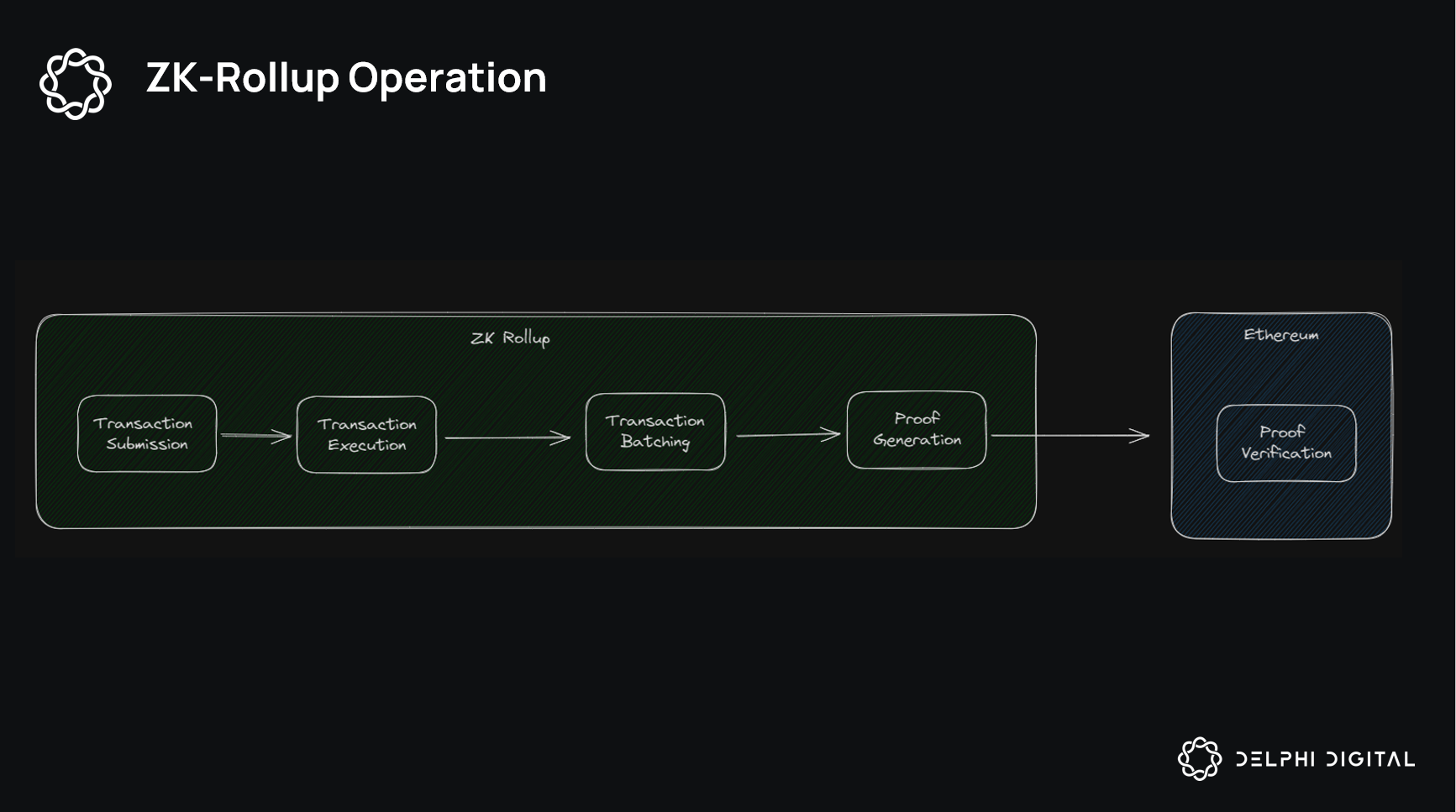
Interoperability with Major Platforms: Solutions like zkLogin integrate ZKPs with identity providers such as Google and Facebook, enabling secure blockchain authentication while preserving user privacy across platforms.
-
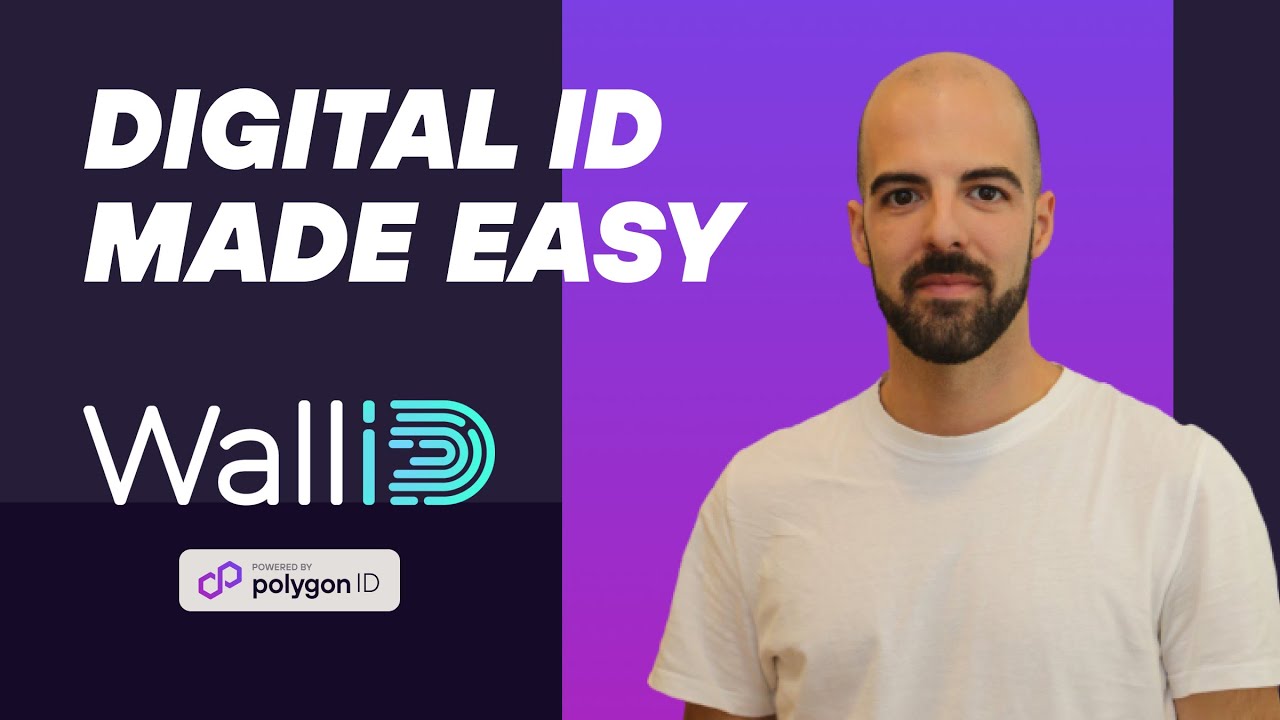
Real-World Adoption and Innovation: Platforms like Privado ID and the proposed zkID Wallet for Cardano demonstrate the practical implementation of ZKPs for secure, privacy-preserving identity management.
The Road Ahead: Mainstreaming Privacy-Preserving Identity
The trajectory for privacy-preserving decentralized identity wallets points toward mainstream deployment. With regulatory scrutiny intensifying around personal data processing, organizations have strong incentives to adopt architectures that minimize unnecessary exposure while enabling trusted verification. Zero-knowledge proofs offer an elegant cryptographic solution, balancing transparency with confidentiality, and are poised to become foundational tools for both individuals and institutions navigating digital trust.
The continued evolution of self-sovereign identity ZKP solutions will likely influence adjacent sectors such as access control, reputation systems, and even voting mechanisms within decentralized autonomous organizations (DAOs). As more projects integrate zero-knowledge proofs into real-world workflows, expect to see increased collaboration between technologists, policymakers, and civil society to define best practices for responsible deployment.
Ultimately, the intersection of blockchain technology and advanced cryptography is reshaping our expectations around digital identity. By putting users back in control, and making selective disclosure both practical and secure, zero-knowledge proofs set a new standard for privacy in online interactions.






